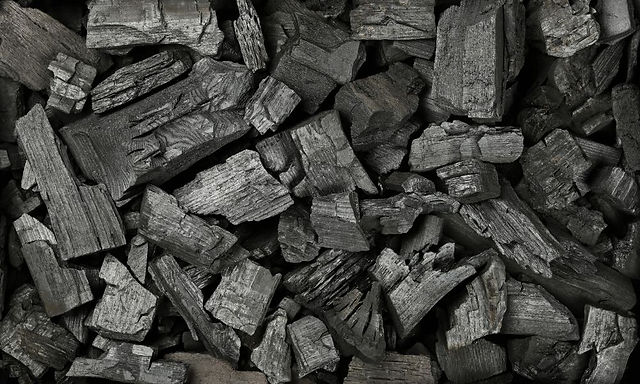adverts
The continuous use of charcoal as a primary energy source of fuel is affecting the clean energy transition efforts of the country.
The over-reliance on such traditional energy sources for cooking was contributing significantly to heavy pollution, with relative consequences for humans and the environment.
A researcher at the University of Environment and Sustainable Development, Ghana, and Future Africa Institute, University of Pretoria, Dr Kwame Adjei-Mantey, attributed the situation to a lack of environmental awareness.
adverts

Dr Adjei-Mantey was presenting the outcome of a research that examined environmental consciousness in households in the country and how it relates to the energy transition situation at an event in Accra.
Research Outcome
The 2021 census by the Ghana Statistical Service revealed that about 54 per cent of households either used wood or charcoal for cooking, while more than 60 per cent of the population also used traditional sources of energy for cooking.
“The research showed that issues of the environment such as climate change and global warming for most people are very remote or far from them, and so they are not aware of these issues.
“Therefore, they are not taking decisions that protect the environment now and in the future,”Dr Adjei-Mantey added.
He said despite efforts to promote the use of clean fuel such as Liquefied Petroleum Gas (LPG), only 36 per cent of households used LPG in Accra.
“We also interviewed about 1,200 households across six regions and only about a third are using LPG,” Dr Adjei-Mantey said, adding that “the question we are trying to answer is what is influencing this high usage of traditional sources which previous studies have not tackled.”
He said the research focused on two main dimensions – environmental awareness and how social origin influences choices.
On environmental awareness, the research was about “what do people know about the environment and how does that translate into choices they make when it comes to choosing energy,’’ while the social origin focused on how socialisation influences decisions people make.
“That is why someone will say that jollof rice made with firewood is tastier than that made with gas,” Dr Adjei-Mantey said.
Education
Dr Adjei-Mantey further said the research identified that high level of education of parents positively influenced their choice of cleaner fuel usage, adding “if both parents receive high education, the better their choice”.
He called on the National Commission for Civic Education (NCCE) and the Information Services Department (ISD), as well as the media to increase awareness of the benefits of using cleaner fuel for a better environment for all.
“This is because people who know about environmental issues such as global warming and greenhouse gases, know the role trees play and will likely opt for fuels not made from trees,’’ Dr Adjei-Mantey said.


